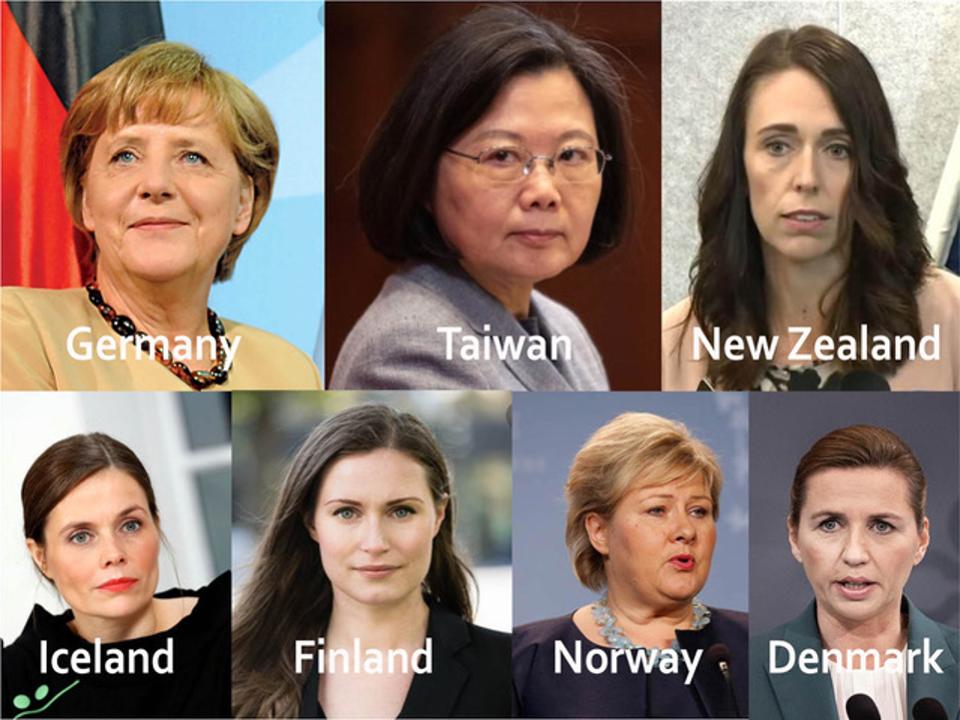WOMEN DEALING WITH SEXUAL VIOLENCE

Sexual violence is one of the most pervasive violation of human rights that occurs worldwide. According to the World Health Organizations (WHO), sexual violence is any sexual act, attempt to obtain a sexual act, unwanted sexual comments or advances, or acts to traffic or otherwise directed against a person’s sexuality using coercion, by any person regardless of their relationship to the victim, in any setting, including but not limited to home and work. It is also estimated by WHO that 35 per cent of women worldwide have experienced either physical and/or sexual intimate partner violence or sexual violence by a non-partner (not including sexual harassment) at some point in their lives. Also, some national studies show that up to 70 per cent of women have experienced physical and/or sexual violence from an intimate partner in their lifetime. Evidence shows that women who have experienced physical or sexual intimate partner violence report higher rates of depression, having an abortion and acquiring Human Immunodeficiency Virus (HIV), compared to women who have not.
In 2015, UNICEF reported that one in four girls and one in ten boys in Nigeria had experienced sexual violence before the age of 18. Sexual violence can have psychological, emotional, and physical effects on a survivor which could be immediate, short-term or long-term. Although these effects and repercussion of rape affects victims differently, individuals tend to suffer from similar issues found within the above categories.
In Nigeria, this act of violence against women is often overlooked especially those perpetrated by the spouse. Women and girls living below the poverty line or with fewer resources are at even greater risk of violence. They have no voices in the legal system because they cannot afford the fee unlawfully requested by the police so, many offenders go without prosecution. Also, women who get abused by a relation almost never seek justice because the family involved would rather choose to save the “family name” at the expense of the victim.
According to National Sexual Violence Resource Centre, the acts of sexual violence are under-reported and this may be as a result of inadequate support systems, shame, fear or risk of retaliation, fear or risk of being blamed, fear or risk of not being believed, fear of being socially ostracized, among others. Sexual violence and indeed every other form of violence against women is a major threat to social and economic development because it is inadvertently linked to poverty, lack of education, gender inequality, and maternal ill health. It also impedes national productivity since it occurs among persons in the reproductive age group who have to deal with the adverse physical and psychological consequences of the vice.
As much as the reform of the criminal justice system is an approach to stopping or reducing the occurrence of sexual violence, other approaches may include continuous review of the existing policies and laws on sexual violence in other to accommodate best practices of sexual violence strategies. Building the knowledge base and raising awareness about sexual violence is also essential in curbing this menace.
Speak Wednesday is an initiative of Centre for Family Health Initiative to stop the cycle of domestic violence by breaking the silence around gender-based violence and gender bias. Join us every Wednesday on all our social media handles for more episodes.


